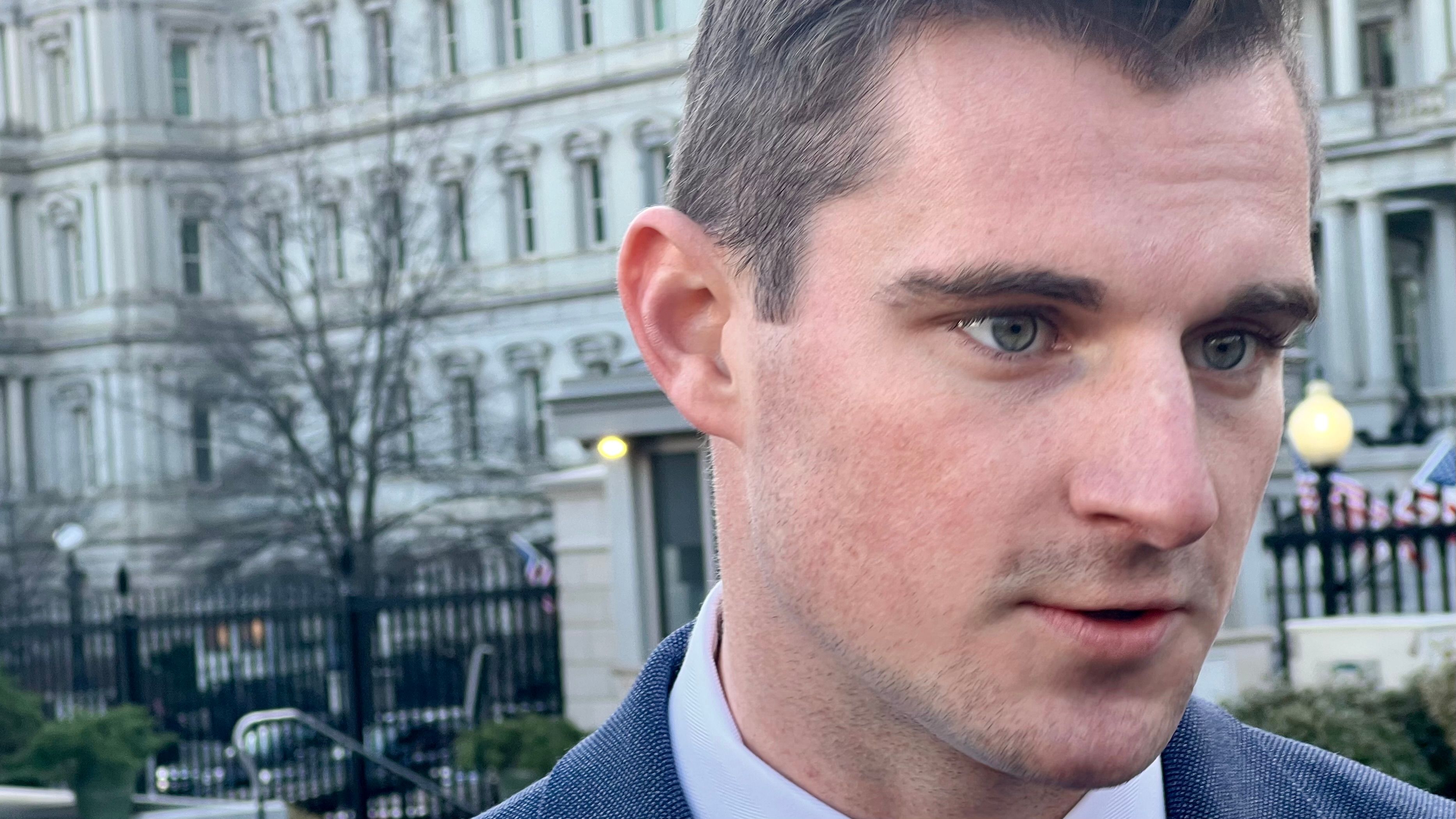
2024-12-17 21:55 |
WASHINGTON, D.C. — The crypto industry got a promise for action Tuesday from the Republican U.S. lawmakers who will have the authority to move digital assets legislation, with key members of the Senate and House of Representatives saying the sector will finally get what it's awaited for years.
The incoming Republican chair of the U.S. Senate Banking Committee, Senator Tim Scott, and his counterpart on the House Financial Services Committee, Representative French Hill, were welcomed with enthusiasm by a Blockchain Association crowd in Washington, in sharp contrast to the uncertain tone of the same event last year. The two lawmakers said at the policy event that both chambers of Congress and the administration of President-elect Donald Trump will all be pulling in the same direction to make legislation happen.
The two starting points, they said, will be the Financial Innovation and Technology for the 21st Century Act (FIT21) — the bill to establish comprehensive crypto market guardrails that cleared the House this year by a wide bipartisan margin — and a stablecoin bill that was close to a bipartisan deal but ground to a halt over a few sticking points around the role of the federal and state governments.
"Congress needs to do its job, find a compromise and put things right," Hill said, suggesting his aim is to get passage of crypto market-structure legislation — something "like FIT21" — in the first few months of the session.
That's a familiar message from the House side of Congress, but it's the Senate that had long been the source of resistance. Senator Scott will soon arrive in his committee chairmanship with a stark reversal of Democrat predecessor Senator Sherrod Brown's crypto suspicion.
"In my opinion, it is the next wonder of the world," he said, also promising that his panel would have a crypto offshoot. "I'm going to be the chairman that creates a digital assets subcommittee for the first time."
Senator Brown, the current chairman, lost his Ohio Senate race in November, overcome by Republican Bernie Moreno, a blockchain businessman. Brown had been a key constraint to crypto progress in the Senate, though the new top Democrat of the committee will be Senator Elizabeth Warren, the progressive firebrand from Massachusetts, who is expected to loudly criticize crypto from the sidelines in the next couple of years.
Scott acknowledged, "She's very good at what she does."
But he said, "I think the future's incredibly bright," and he said he's already started conversations on crypto policy.
Scott also just met with David Sacks, Trump’s incoming crypto czar, the senator announced Tuesday in a statement that praised digital assets as having the "potential to democratize the financial world."
Hill argued that crypto legislation can't properly happen without wide bipartisan support.
"To win, ultimately, you need 60 votes in the Senate," he noted. "You need to build consensus."
Most Republicans have drifted into the crypto camp over the years, a trend that accelerated since last year. But some Democrats — often younger lawmakers — have joined them, culminating in 71 Democrat votes for FIT21 in the House. But the Senate will be closely divided, with 53 Republicans to 47 Democrats, so both parties must be involved in any major initiative.
SEC's roleAlso at the Blockchain Association Policy Summit on Tuesday, the U.S. Securities and Exchange Commission's two Republican commissioners — Mark Uyeda and Hester Peirce — spoke about the changes they expect at the agency next year.
Uyeda criticized the agency's crypto accounting standard, the controversial Staff Accounting Bulletin No. 121 (SAB 121), which he said had "very, very wide-ranging ramifications" for a policy that didn't go through the proper channels.
Peirce said that while the regulator awaits new digital assets laws from Congress, "we can say some of this stuff is just outside our jurisdiction."
"We can certainly work closely with the CFTC," she said. "We stand ready to work on things once that's a possibility. … I think there are a lot of places for us to help."
The SEC's sister regulator, the Commodity Futures Trading Commission, will likely take a larger role in crypto in the future. That agency was represented at the same event by Republican Commissioner Summer Mersinger, who told the industry audience that it can expect a different future approach to enforcement.
"I'm not saying enforcement will go away," she said. "What enforcement will focus on is fraud."
UPDATE (December 17, 2024, 19:22 UTC): Adds statement on crypto czar meeting from Senator Scott and comment from CFTC Commissioner Summer Mersinger.
origin »
Bitcoin price in Telegram @btc_price_every_hour
Emerald Crypto (EMD) на Currencies.ru
|
|




























